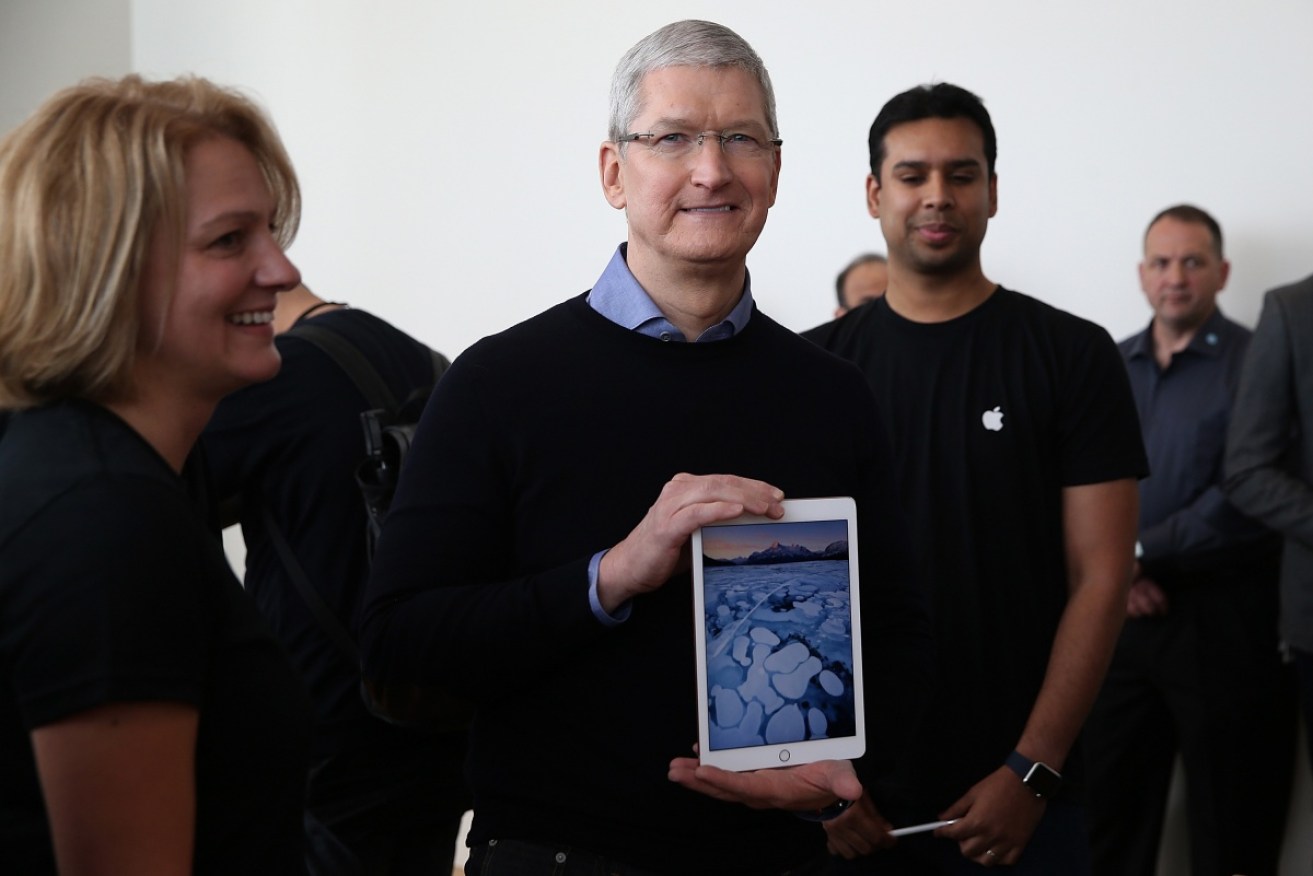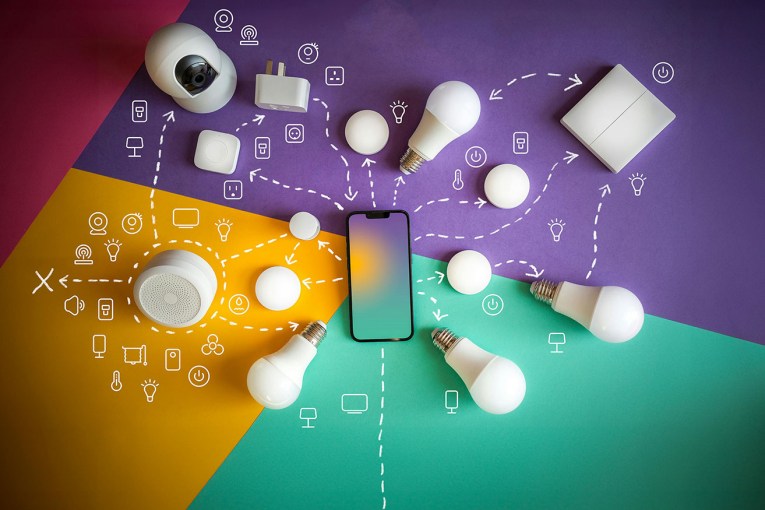The Apple iPhone is now considered ‘boring’


Tim Cook needs new products. Photo: Getty
The iPhone, once the must-have e-item of the digital revolution, is losing ground as consumers look elsewhere or refuse to upgrade, possibly because it is no longer seen as inventive.
Sales have fallen due to the lack of a groundbreaking new model, market saturation in smartphones and rising competition from Android and other smartphone types, according to an expert.
In the March quarter, sales of Apple’s latest smartphones fell 16.4 per cent to 51.2 million units from 61.2 million for the same period last year, the first fall since the iPhone was launched in early 2007.
• One year on, the Apple Watch is a let-down
• Apple at war with Tesla for electric car crown
• This is how long your Apple iPhone will last
iPhone sales falls are a big deal for Apple, as the iPhone makes up almost 70 per cent of revenue and has driven its rise to the status of the world’s biggest company.

Apple hopes to boost sales with a cheaper model. Photo: Mark Gambino
While Apple chief Tim Cook mentioned “strong macroeconomic headwinds”, mainly in China, as the reason for falling iPhone sales, the problems are more about image and competition, an industry analyst said.
Foad Fadaghi, managing director of research firm Telsyte, told The New Daily that Apple is no longer providing its customers with the ‘wow factor’ of new technology.
“There is a slower replacement cycle,” Mr Fadaghi said.
“Over half of iPhone users are using phones that are pre-iPhone 6. That means they are using models from 2014 or earlier.
“Those users are planning to upgrade but they are waiting for a new product with the ‘excitement factor’ before they do it.”
As the chart below shows, there is typically a significant sales spike when Apple releases a new phone, with the releases of the 6 and 6S both pushing sales past the 74 million mark.
Shrinking market share
Apple is also losing some relative ground in the world market. Its global share has shrunk from 20 per cent in late 2014 to about 15.8 per cent at the end of 2015, according to research firm IDC.
That trend is expected to continue with IDC predicting an Apple market share of 14.1 per cent by 2019.
Smartphone makers are hitting a ceiling of saturation in the developed world, Mr Fadaghi said.
“As the market reaches saturation, the increase in the number of smartphone users is falling in line with population growth in all developed countries.”
Apple is relying on the release of the low-cost SE to try to gain market share in the developing world, but Mr Fadaghi said he would be “worried” about the success of that move if the company’s second-quarter figures were equally disappointing.

Tim Cook needs new products. Photo: Getty
He predicted that the company’s future was in new products like the Apple car, wearables and virtual reality. It has a huge war chest of $US164 billion to spend on developing them.
Growth will slow everywhere
Even demand in the developing world is not expected to prevent a general slowing in smartphone sales.
IDC expects Apple sales to grow at 3.1 per cent in 2019 compared to 17.3 per cent over 2015. Androids, IDC says, should grow their market share from 81.2 per cent last year to 82.6 per cent in 2019 but sales growth rates will fall from 9.5 per cent last year to 4.8 per cent in 2019.
One positive in this quarter’s results was Apple’s services sales, which include the App Store, iTunes Store and iCloud, which saw revenues up 20 per cent to $US2.1 billion. The “Other Products” category, which comprises products like Apple Watch, Apple TV and iPod, rose 30 per cent to $US6 billion.
But it got no joy from its other major product lines with iPad sales down 19 per cent and Mac sales down 12 per cent.









